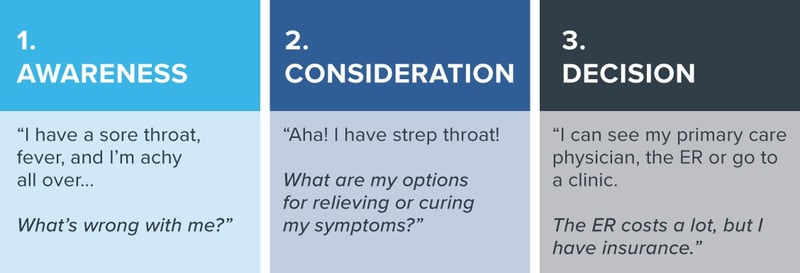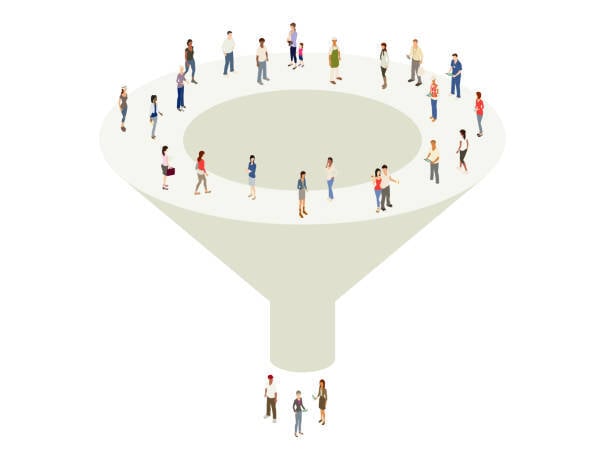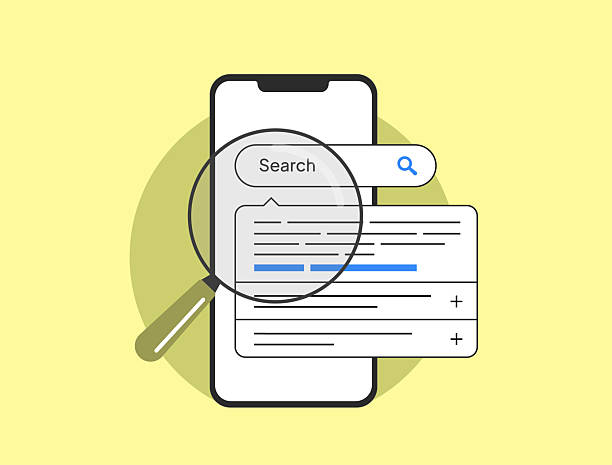One of the most important decisions facing business owners is how to make the best marketing dollar investment. The digital marketing landscape is changing at a rapid pace.
We are met with new marketing concepts every day. One concept that is gaining more attention, for good reason, is marketing automation. But what is marketing automation and is your business ready for it?
The short answer is: marketing automation is a software tool that allows you to connect your digital marketing and sales activities to efficiently maximize profitability.
In fact, it has been reported that 80% of marketing automation users saw the number of leads increase, and 77% saw conversions increase. That sounds amazing, right? But how exactly does this magical tool accomplish this?
Born from necessity
First, let's start with the purpose of marketing automation. The way that people arrive at purchase decisions has changed dramatically over the past several years.
Consumers spend more time researching a product or service through various online means before they will commit.
Salesforce estimates that it takes 6 to 8 touches just to generate a viable lead.
It takes many more touches to create the sale. These interactions with a prospect occur on many different digital platforms:
- Websites
- Social Media
- Landing pages
- Blog posts
With this shift away from traditional marketing messaging to a more research-based process, we have had to change our philosophy of the buyer journey.
Hubspot breaks down the buyer’s journey into 3 stages:

This shift in the buying process has caused us to re-think our strategy of traditional marketing and focus on providing digital content that not only reaches our target audience on the digital channels that they consume but also speaks to their stage of the buyer's journey. The next logical question is how do you accomplish this feat. Marketing automation was born out of this conundrum.
Trying to create the sheer volume of content necessary to populate all of the digital formats and then publishing the content is difficult enough.
Imagine having to triple those efforts to account for each stage of the buyer’s journey.
Then how do you pull all of the data from these different sources together to determine if your efforts are working?
How do you possibly begin to measure your ROI?
Marketing automation platforms provide a solution to these concerns.
Don’t believe (all of) the hype.
Since the first marketing automation platforms came on the scene roughly 16 years ago there have arisen many common misconceptions as to what marketing automation actually is. Let’s dispel some of these myths:
“Marketing automation is another term for email marketing.”
False. Email marketing is a part of marketing automation, but there are many applications to be used within a successful marketing automation strategy. Including:
- Social media management
- CRM integration and lead management
- Content creation and landing page management
“Once I have my campaigns set up I can set it and forget it.”
False. The term marketing automation implies that you set up what you would like to happen and then they system will take care of the rest. This is certainly not the case. In order to make sure that your campaigns are providing the right message to the intended audience, you will need to monitor your automated efforts and make tweaks to maximize the results. The best platforms provide these features that give you the data to back up your decisions:
- A/B testing
- Website data analytics
- Lead scoring
So what does marketing automation software do?
Since we know that our prospects are engaging our companies in a variety of digital content and platforms we need software that makes the process of building campaigns more efficient, but we also need software that can gather and relate the significant data. However, there are many different industries and therefore many different marketing strategies to employ.
For example, email marketing may be a major content piece for B2C companies whereas not so much for B2B.
A skateboard company or fast food chain may find more of their target demographic lives on Twitter and Instagram, and an insurance company might look to find their audience on Facebook or LinkedIn.
As I stated earlier marketing automation is a tool, and as with any useful tool it may be used to perform a number of different tasks. Think of it as a digital Swiss army knife. It can perform an array of functions; it’s up to you how many and the frequency in which you use them.
There are some essential components that are included in the best marketing automation software packages:
- Email building and personalization
- Landing page builder
- Custom form tool
- Workflows
- Behavior tracking
- Social media scheduling and listening
- CRM Integration
- List segmentation
- Lead nurturing/scoring
Imagine having to patch together all of the platforms necessary to create and publish content to all of these digital paths.
You may be doing it now.
Then think about all of the efforts it requires to culminate the data and present it so that you can intelligently determine your success and ROI.
Marketing automation can bring all of these together under one umbrella saving you time and money.
Is marketing automation right for my business?
The data alone may be enough to support the efficiency of marketing automation. CMO.com reports that marketing automation increases sales productivity by 14.5% and at the same time reduces marketing overhead by over 12%.
The first test to determine if marketing automation is a good fit for your company is to do an inventory of the marketing tools you are currently using. If you utilize all of the following or a combination of an email service provider, CRM, social media scheduling tool, website analytics tool, you will want to investigate marketing automation software.
Once you make the decision to include marketing automation as a component of your digital marketing strategy it is important to research and find the right partners. G2crowd.com has put together a comparison of the best marketing automation software that might prove helpful.
Remember that marketing automation software is an expansive tool.
If you would like to get the most out of its offerings you may want to consider working with a company or certified platform partner that has experience with marketing automation software.
With the more robust platforms, it could take months or years to become comfortable with managing the system.
Partnering with an experienced marketing agency could help you to get your campaigns moving faster and facilitate the learning process.
Marketing automation is not some magical force that will change your bottom line in the blink of an eye. Let's face it nothing comes easy and without effort. However by embracing this future-forward technology your business could streamline its sales and marketing efforts and join the 63% of companies that attribute surpassing their competition to marketing automation. Marketing automation software provides the means to a very fruitful end.
About The Diamond Group
The Diamond Group is a Wilmington, NC based digital marketing and web design agency committed to helping today's small businesses grow and prosper. With a 30-year track record of success, their proprietary in-house system and concierge-level multi-disciplinary team approach to marketing guarantees double-digital growth and optimizes marketing ROI.
Related Posts

How Contractors Can Filter Leads and Waste Fewer Estimates

